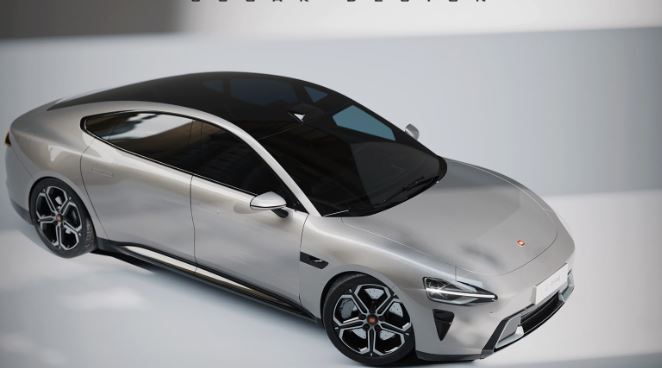Xiaomi’s EV Dreams Come Alive: The MS11 Takes the Stage
Xiaomi, the famous Chinese technology company, is making exciting progress in creating its first all-electric passenger vehicle, known as the MS11. Earlier this year, some secret images of the much-anticipated electric car surfaced on the internet, causing great interest and excitement among car enthusiasts.
Although specific technical details are not fully known yet, leaked information suggests that the Xiaomi MS11 EV will have a powerful 101-kilowatt-hour lithium-ion battery pack. This impressive battery pack is said to have a rating of 726.7 volts and 139 amp-hours. The most fascinating part is that it might be able to charge quickly at 800 volts, which could mean shorter charging times compared to other electric cars using 400-volt packs.
As of now, the exact driving range of the MS11 remains a secret. However, based on information about the 2023 Mercedes-Benz EQS sedan, which has a 108.4-kWh battery pack, it is estimated that the MS11 might have a range of around 446 kilometers to 563 kilometers, depending on factors like power level and drivetrain configuration. According to reports from Chinese motoring media, the Xiaomi MS11 EV is expected to have a starting price of about $43,000 (300,000 yuan) when it becomes available for purchase in 2024.
Even though there are limited official images of the MS11, car enthusiasts and artists have already started creating imaginative renderings of Xiaomi’s first passenger electric vehicle. This shows the high level of excitement and anticipation surrounding the car’s launch.
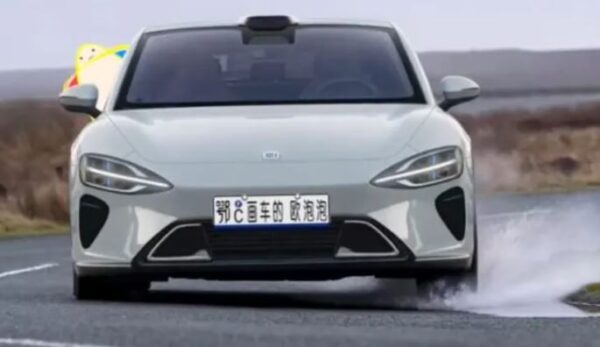
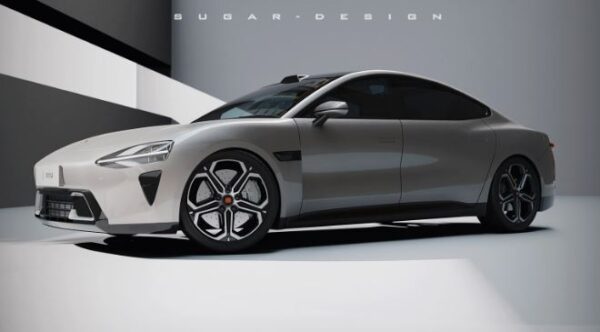
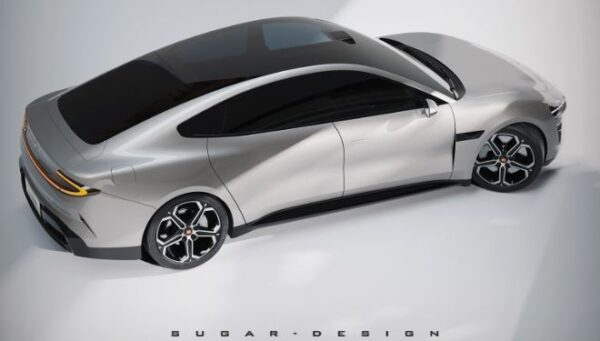
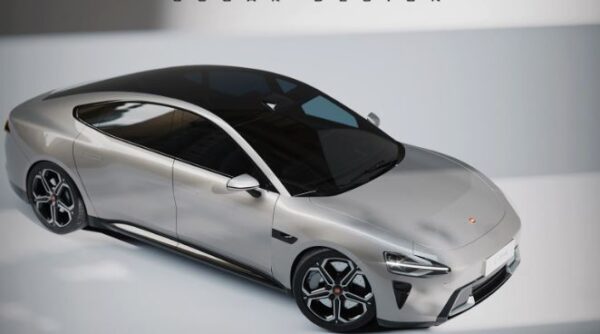
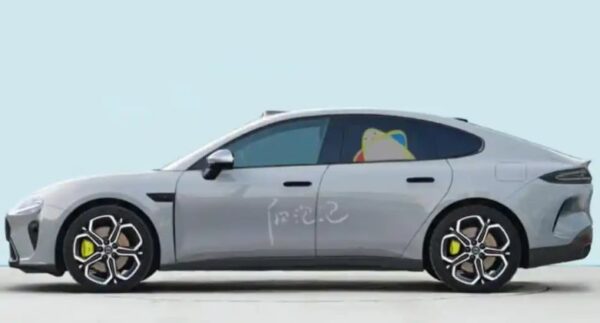
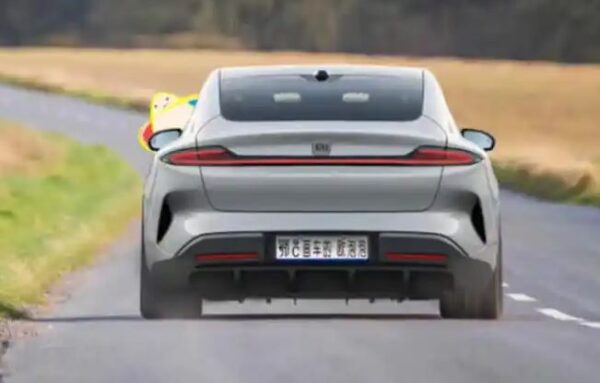
The long-range version of the Xiaomi MS11 is predicted to come with a 101-kWh ternary (NMC) battery, which promises an impressive driving range of 800 kilometers. Additionally, reports suggest that this battery will be compatible with 800V DC charging, making charging more convenient and efficient. However, it is worth mentioning that the battery’s weight is relatively heavy, which could affect the overall performance and efficiency of the vehicle.
Another interesting aspect of the battery is its energy density, which is measured at 157 Wh/kg. While this is a respectable figure, it appears that Xiaomi’s battery might be slightly heavier and have a lower energy density compared to batteries from other companies. For instance, CATL’s battery used in the Avatr 11 SUV has a capacity of 90 kWh, a voltage of 614 V, and a weight of 520 kg. However, it boasts a higher energy density of 180 Wh/kg.
Reports indicate that the Xiaomi MS11 might come in multiple versions, with the long-range variant equipped with the mentioned NMC battery, offering the impressive 800-kilometer driving range. There are also hints about other battery options, including BYD’s Blade Battery (LFP) and CATL’s ternary (NMC) battery, but further details and clarifications are yet to be disclosed.
The eagerly awaited release of the Xiaomi MS11, possibly named “Modena,” is planned for the Chinese market next year. Xiaomi’s ambitious vision to produce its cars aligns with the company’s commitment to shaping the future of transportation. Although they aim to manufacture cars independently, they have established a partnership with the BAIC Group, which will supply some exterior parts for the EV.
As the automotive industry heads towards an electrified future, Xiaomi’s entry into the EV market holds much promise. The MS11, with its cutting-edge technology, impressive driving range, and competitive pricing, is expected to make a significant impact in the market and accelerate the adoption of electric vehicles not only in China but also globally.

